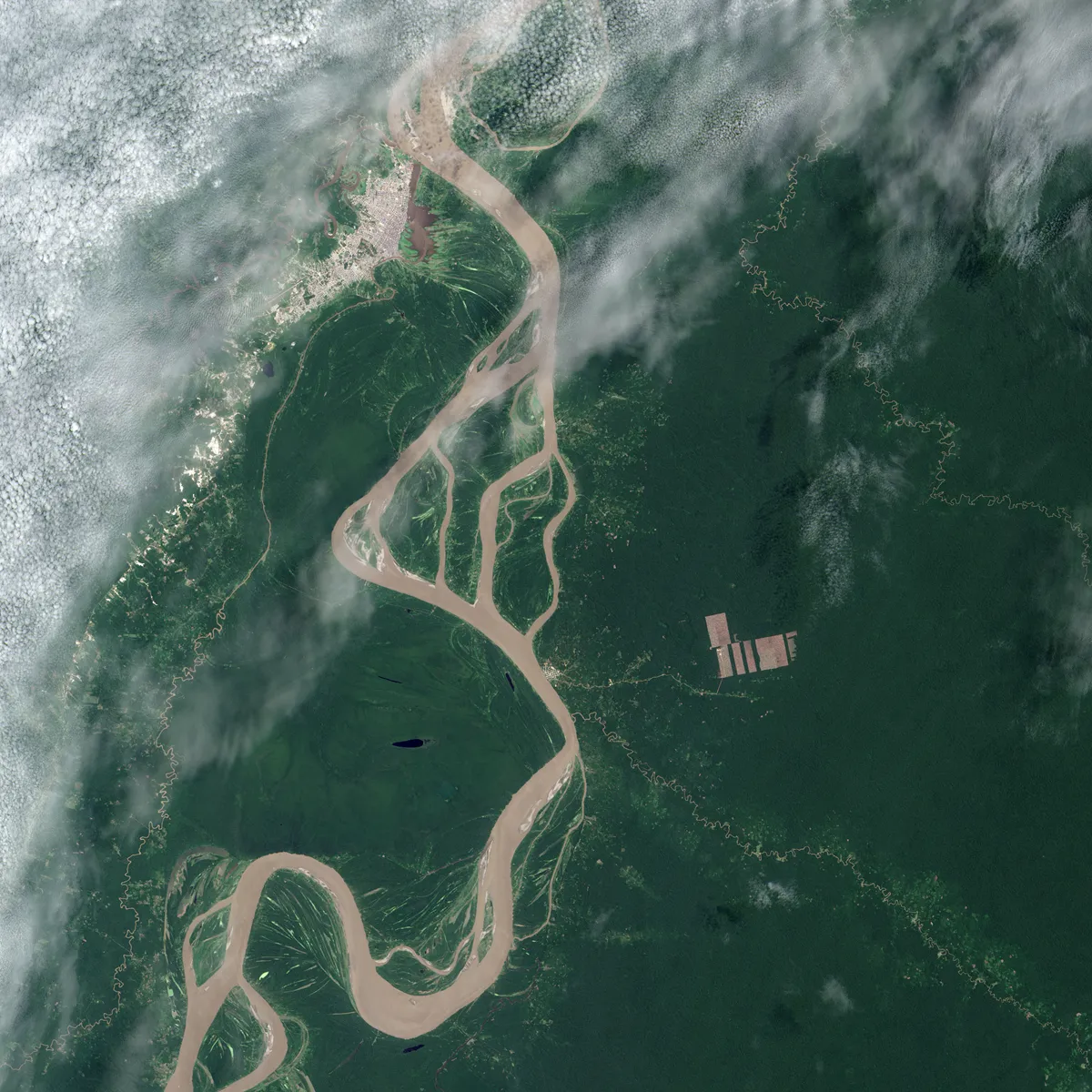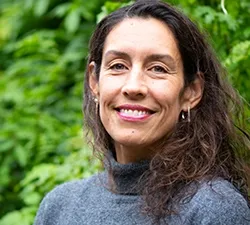So far the project has developed a prototype metric
to assess environmental impact beyond carbon emissions called Earth System Imprint (ESI) because it simultaneously accounts for climate (CO2), land and water, and for the interactions among these three Earth System components. Further, the metric distinguishes impacts on land and water by region and vegetation type. While ESI incorporates complex Earth System Science models, its outputs can be understood by a wide, non-specialist audience. Thus, ESI could be used by actors in business and finance to improve their assessment of environmental impact and aid their decision-making.
To test the prototype, we are developing a case study using company data from the mining sector. Preliminary results show that the ESI of mines (or other company assets) varies significantly depending on their location. Further, we observe that relying on carbon intensity to measure environmental impact can be misleading, as it fails to capture critical Earth System processes. Thus, using ESI to incorporate additional components of the Earth System has the potential to fundamentally change the way in which investors assess and value companies. A forthcoming paper also contributes a methodology on how to apply the metric thus providing:
- Businesses with a toolkit to identify their most harmful assets and set targets to reduce environmental impact
- Investors with a way to prioritize their engagement and track transition progress
- Banks and credit providers with a tool to assess and compare the expected environmental impact of projects seeking capital
Learn more about the science behind the tool below, as well as a a brief introduction to ESI.


